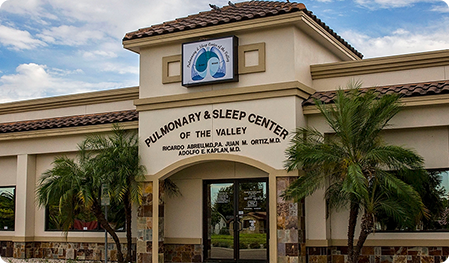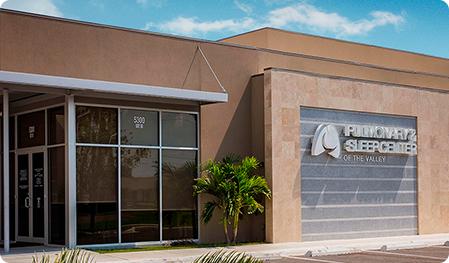Narcolepsy
Narcolepsy is a complex sleep disorder that involves a stage of sleep called Rapid Eye Movement (REM) entering the patient’s period of wakefulness. Characterized by a brief and sudden loss of muscle tone (cataplexy), excessive daytime sleepiness, and irresistible urges to sleep throughout the day, narcolepsy significantly interferes with a patient’s ability to complete the activities of daily life.
Episodes of sleep paralysis and/or hallucinations upon falling asleep or awakening from sleep are considered auxiliary symptoms of narcolepsy and can be part of the presenting symptoms. Complaints of difficulty maintaining sleep are also often part of patients’ complaints. Sleepiness is most likely to occur in monotonous situations that require no active participation, such as watching television or riding as a passenger in a car.
Physical activity can temporarily suppress the urge to sleep. Even when seemingly awake, many narcoleptics manifest lapses in vigilance, sometimes in combination with automatic behavior such as writing gibberish or interrupting a conversation with a completely different topic.
Cataplexy is most often triggered by sudden changes in sensory and/or emotional activation, as during a surprising change in sensory stimulation and/or upon laughter.










